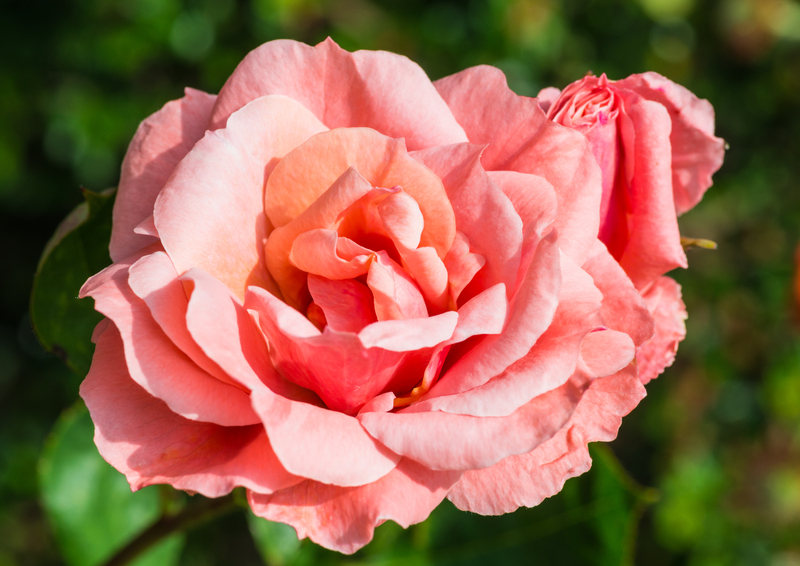Protecting Your Plants from Ants and Other Insects
Posted on 07/03/2024
Plants are an essential part of any garden or landscape, providing beauty, shade, and food. However, they are also highly vulnerable to pests such as ants and other insects. These tiny creatures can cause significant damage to your plants, inhibiting their growth and even killing them. Therefore, it is crucial to take the necessary steps to protect your plants from these pesky invaders. In this article, we will discuss some effective ways to keep ants and other insects away from your plants and help you maintain a flourishing garden.
Understanding the Threat: Ants and Other Insects
Ants and other insects pose a significant threat to your plants in multiple ways. Apart from feeding on the sap of your plants, they can also carry diseases and fungi that can infect your entire garden. Furthermore, some ants build their nests near plant roots, causing damage to the plant's structure and making it more susceptible to diseases.

Ways to Protect Your Plants from Ants and Other Insects
1. Use Natural Repellents: One of the most effective ways to keep ants and other insects at bay is by using natural repellents such as spices or essential oils. You can sprinkle chili powder or cayenne pepper around your plants or spray diluted peppermint or neem oil on them. These scents are pleasant for humans but repel ants and other insects.
2. Create Barriers: Ants and other insects tend to crawl up stems or climb down branches of trees and shrubs to reach the leaves or fruit. You can prevent this by creating physical barriers such as wrapping a sticky tape around the base of plants or using copper tape.
3. Remove Food Sources: Ants are attracted to sweet substances, making them a common sight near ripe fruits or leaking sap from injured plant parts. It is crucial to remove these food sources promptly by harvesting ripe fruits regularly and pruning injured plant parts.
4. Use Companion Plants: Some plants are natural insect repellents, including marigolds, chrysanthemums, and lavender. Planting these alongside your vulnerable plants can help deter ants and other insects.
5. Avoid Overwatering: Excess moisture not only attracts ants but also creates a favorable environment for other insects to thrive. Make sure to water your plants in the morning and avoid overwatering them to prevent these pests from setting up camp.
The Pros and Cons of Protecting Your Plants from Ants and Other Insects
Pros:
- Protects your plants from damage and diseases caused by ants and other insects.
- Reduces the need for toxic pesticides that can harm beneficial insects.
- Maintains the overall health and appearance of your garden.
Cons:
- Requires regular maintenance and effort to keep ants and other insects away.
- Natural repellents may not be as effective as chemical pesticides.
- May not completely eliminate the threat of ants and other insects.
Tips for Effective Plant Protection
- Regularly inspect your plants for signs of ant or insect infestations.
- Keep your garden clean and free of debris, as it can attract ants and other insects.
- Rotate crops to reduce the buildup of pests in the soil.
- Utilize a combination of natural repellents and physical barriers for maximum effectiveness.

Takeaways
Ants and other insects can cause significant damage to your plants, hindering their growth and health. By taking preventive measures such as using natural repellents, creating barriers, removing food sources, planting companion plants, and avoiding overwatering, you can keep these pests at bay. However, it is essential to remember that complete protection may not always be possible, as some level of pest presence is natural in any garden.
Conclusion
Protecting your plants from ants and other insects is crucial to maintaining a thriving garden. By understanding the threat and utilizing the tips and strategies mentioned above, you can effectively prevent these pests from causing harm to your plants. Remember to always opt for natural methods of pest control before resorting to chemical pesticides, as they can harm beneficial insects and disrupt the balance of your garden ecosystem. With a little effort and diligence, you can ensure that your plants remain healthy and beautiful, free from the threat of ants and other insects.




